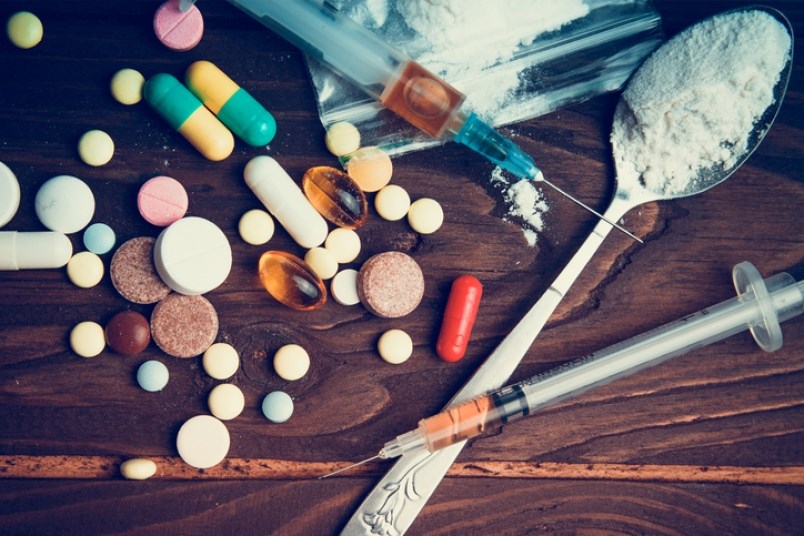"Every time I overdosed, it was a direct cause of drug quality failure."
That's Kevin Donaghy, a former resident of the Downtown Eastside and former president of BC/Yukon Association of Drug War Survivors, who told Vancouver City Council Thursday (Oct. 7) that he almost died "multiple times" as a result of a toxic drug supply. "I owe my life to the frontline harm reduction workers in the Downtown Eastside," he added.
If a compassion club with clean heroin and other drugs had existed, Donaghy underscored that he believes he would not have overdosed.
"A heroin compassion club would have the immediate potential to reduce the number of fentanyl-related deaths and the impact of organized crime," he said.
Following Donaghy's impassioned speech, as well as numerous others, Vancouver City Council unanimously approved a motion that endorses a federal exemption for a compassion club model to supply safer drugs to people who use drugs.
The motion, put forward by Councillor Jean Swanson, supports an application from the Drug User Liberation Front (DULF) and the Vancouver Area Network of Drug Users (VANDU) to the federal government for an exemption under s. 56(1) of the Controlled Drugs and Substances Act (CDSA) to allow them to operate a Safe Supply Fulfillment Centre and Cocaine, Heroin and Methamphetamine (CHM) Compassion Clubs in the city.
Vancouver Coastal Health supports this model and has agreed to work with DULF and VANDU to implement it. However, there was some hesitation regarding the procurement of illicit substances.
Some council members noted that using the dark web to obtain illegal drugs supports crime. Particularly, Councillor Melissa De Genova noted that young, vulnerable women are used as drug mules to move substances in other parts of the world.
But advocates say they aren't interested in working with criminals — they just haven't had a viable alternative to save lives.
Heroin, cocaine, and methamphetamine compassion clubs in Vancouver
DULF co-founder Jeremy Kalicum told Vancouver Is Awesome that the organization wants to obtain drugs legally but hasn't been able to without the exemption from the federal government.
Fair Price Pharma, a Canadian non-profit pharma company, can supply DULF with injectable pharmaceutical heroin. The company is led by Dr. Perry Kendall, B.C.'s first medical health officer, who has been corresponding with the organization regularly.
For now, Fair Price Pharma can only supply heroin. Kalicum said that there are other companies that supply cocaine but DULF hasn't reached out to them yet.
Over the past year, DULF has distributed drugs at events aimed at demonstrating the life-saving potential of legalizing drugs. The drugs were handed out and were tested via "FTIR spectrometry and immunoassay" and were free of fentanyl, fentanyl analogues, benzodiazepines, and other harmful adulterants.
DULF underscores that drug user groups would have to comply with minimum safety and screening standards to operate compassion clubs. Further, the organization would also work with local researchers on a rigorous evaluation of the program.
Compassion club standards would include "keeping an active membership list; ensuring secured and double-locked storage for all substances; keeping records for amounts of substances distributed and to which members; maintaining financial records and having accountability processes."
Funds for the compassion club's supply and operation would be "acquired from donations and membership fees."
In the past 25 years, more than 12,632 British Columbians have died of illicit drug overdoses. That’s equal to the population of the city of Terrace.
Since the 2016 emergency declaration, some 7,000 have died.
By January, an average of 5.3 people were dying daily.
B.C.'s chief coroner Lisa Lapointe said overdose is the fourth highest cause of death in the province with the average age of death being 43.
With files from Jeremy Hainsworth

